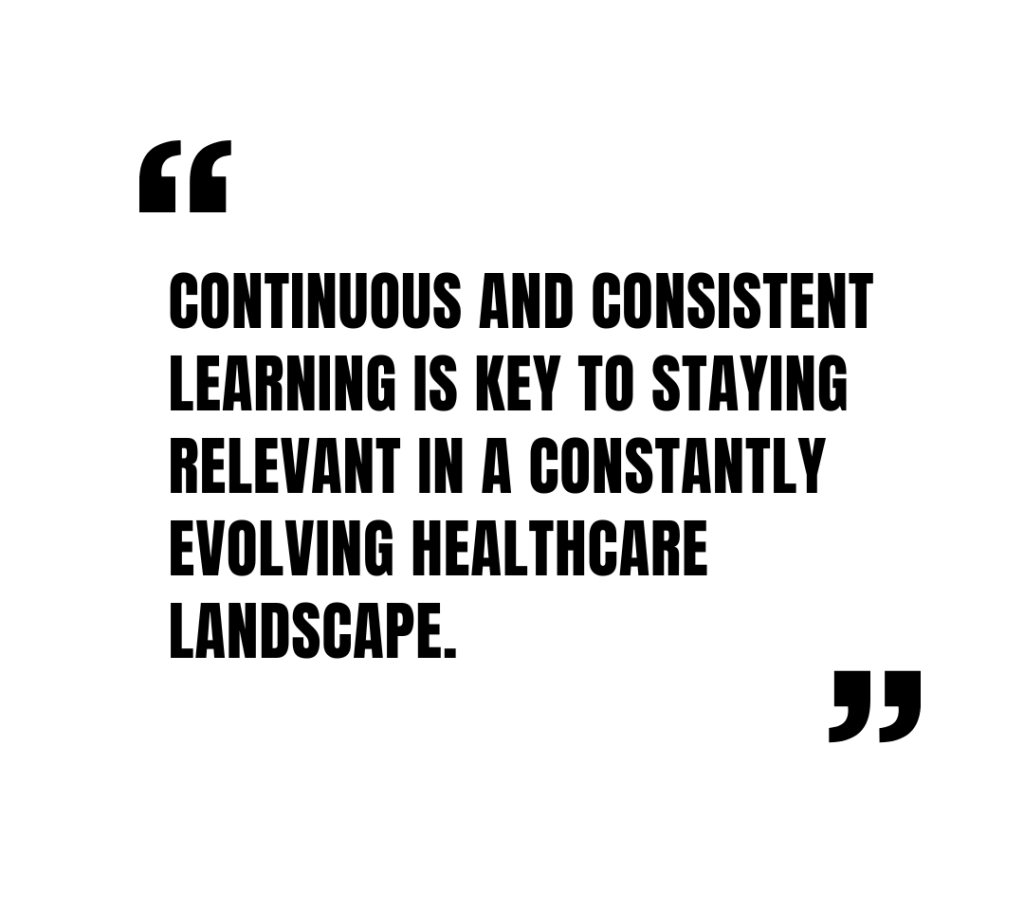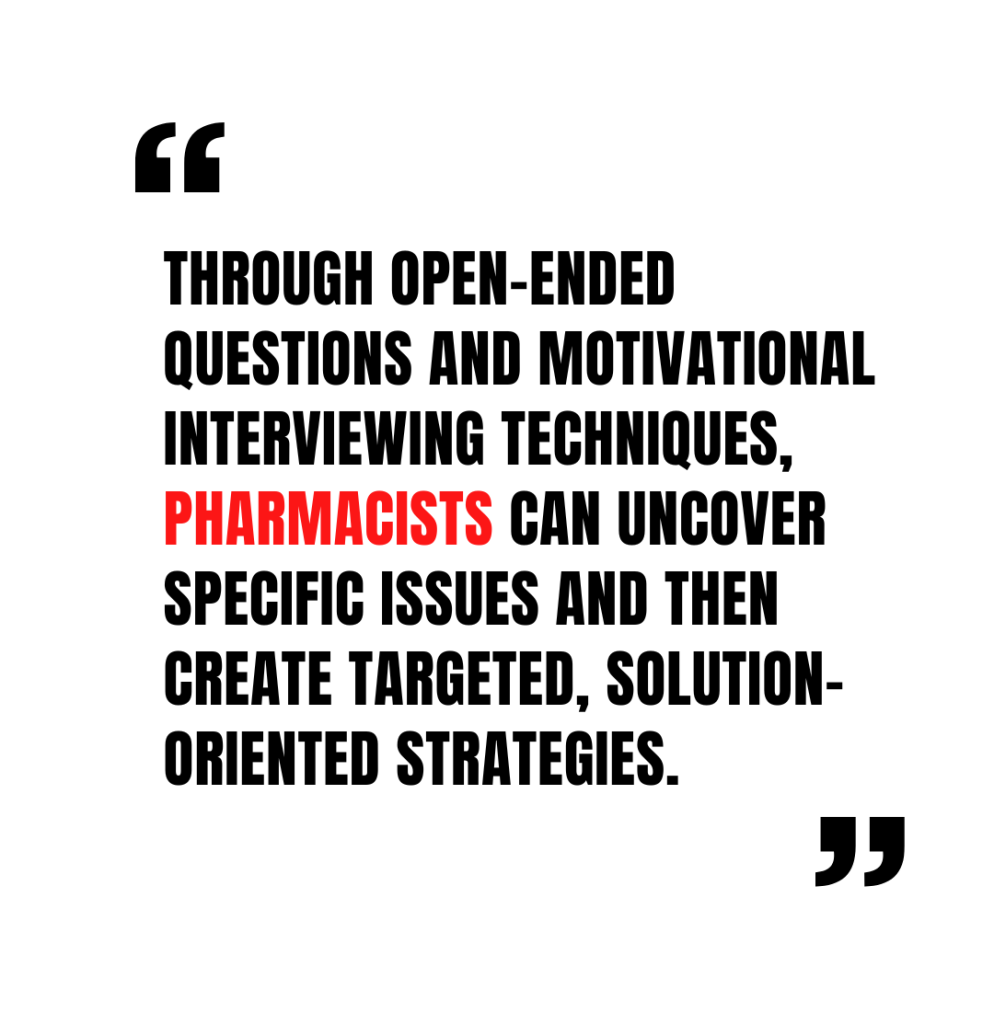From Dispensing to Leading Beyond the Counter: Krina Vaghela’s Perspective on Pharmacy Leadership, Collaborative Healthcare, and Innovative Management
- Home
- From Dispensing to Leading Beyond the Counter: Krina Vaghela’s Perspective on Pharmacy Leadership, Collaborative Healthcare, and Innovative Management

From Dispensing to Leading Beyond the Counter: Krina Vaghela’s Perspective on Pharmacy Leadership, Collaborative Healthcare, and Innovative Management
Magazica: How can pharmacists effectively collaborate with other healthcare providers, such as physicians and nurses, to improve patient outcomes and reduce healthcare costs?
Krina Vaghela: As a key member of the healthcare team, pharmacists significantly impact patient outcomes by optimizing medication regimens and enhancing overall quality of life. They work collaboratively with other healthcare providers to integrate holistic approaches into patient care, prevent adverse drug interactions, and improve medication safety, all of which contribute to more efficient healthcare delivery and reduced costs. Often the first point of contact for patients, pharmacists offer valuable educational insights, helping patients better understand their treatments and ensuring safe and effective therapy.
Magazica: What strategies can pharmacists implement to address medication adherence issues and improve patient compliance with treatment regimens?
Krina Vaghela: Pharmacists often develop personalized care plans for patients who struggle with medication adherence by first identifying the underlying causes of these challenges. Through open-ended questions and motivational interviewing techniques, pharmacists can uncover specific issues and then create targeted, solution-oriented strategies. Examples include:
1- Time Constraints: Align medication schedules with the patient’s daily routine rather than forcing them to adjust their lifestyle. This might involve synchronizing medication refills or adjusting dosing schedules to fit more conveniently into the patient’s day.
2- Cost Constraints: Address financial barriers by finding affordable medication alternatives or leveraging patient assistance programs to ensure the medication fits within the patient’s budget.
3- Memory Constraints: For patients with difficulty remembering to take their medications, pharmacists can implement a combination of solutions. These may include adherence aids such as compliance packs or blister packs, digital monitoring systems, and engaging the patient’s support system to provide additional reminders and encouragement.
By tailoring these strategies to individual patient needs, pharmacists can effectively enhance medication adherence and improve overall patient outcomes.
Magazica: How can pharmacists contribute to the safe and effective use of over-the-counter (OTC) medications in light of the growing trend of self-medication and easy access to digital health information?

Krina Vaghela: Given the increasing prevalence of self-medication and over-the-counter (OTC) drug use, pharmacists play a vital role in educating the public about safe and effective medication practices. While digital resources offer easy access to information, they cannot replace the professional judgment of a pharmacist. Consulting a pharmacist before using OTC drugs can help prevent a wide range of issues. Pharmacists play a crucial role in educating patients, conducting risk assessments, providing follow-ups, preventing misuse, and promoting effective self-monitoring and self-care practices. By advocating for professional consultation for every OTC drug usage, pharmacists ensure that patients receive personalized, expert advice, which enhances the safety and efficacy of their medication use.
Magazica: How can pharmacists contribute to the prevention and management of public health crises, such as pandemics and drug overdoses?
Krina Vaghela: Pharmacists have consistently demonstrated their significant impact on community health outcomes. Their accessibility makes them a preferred resource for patients and caregivers alike. Whether through screening and testing, administering vaccinations, managing chronic pain with holistic approaches, contributing to drug and disease research, or enhancing outcomes in prevalent chronic conditions, pharmacists play a vital role. Their involvement has been instrumental in both preventing and managing public health crises.
Magazica: What are the ethical considerations pharmacists must address when providing healthcare services, and how can they ensure that their actions are aligned with professional standards and patient well-being?
Krina Vaghela: Providing healthcare services involves balancing patient autonomy with beneficence. Pharmacists must continually navigate the delicate task of motivating patients to consent to recommended treatments while respecting their right to refuse. The primary goal is to offer the most accurate and comprehensive information, including the potential benefits and risks of each option, and then allow patients to make informed decisions about their care. This approach ensures that patients are empowered to choose the path that best aligns with their values and preferences while ensuring these actions are aligned with our professional standards.
Magazica: In a rapidly changing healthcare landscape, how do you stay updated on the latest advancements and trends to remain competitive and relevant in your field?
Krina Vaghela: Continuous and consistent learning is key to staying relevant in a constantly evolving healthcare landscape. While changes occur gradually, staying attuned to smaller, incremental updates can help manage the larger shifts more effectively. I leverage networking with experts and engage in digital learning to remain informed about current trends. Additionally, patient interactions provide valuable ongoing feedback, which enhances my understanding of treatment patterns and helps me adopt a more informed and responsive approach to patient care.
Magazica: Can you describe your approach to making difficult decisions in your career and how you handle opportunities that may not align with your current trajectory or goals?
Krina Vaghela: I believe that the difficulty of a decision often stems from overthinking. To avoid this, I focus on leveraging my analytical skills to simplify the decision-making process. I typically create a list of pros and cons to evaluate which option offers the greatest benefits while minimizing risks. A key factor I always consider is whether the opportunity aligns with my personal and professional goals. There have been instances where I needed to let go of certain opportunities because they did not align with my career trajectory at that time or I was denied opportunities that I was passionate about. Instead of dwelling on these decisions, I focus on finding ways to make a positive impact in my current role. I view each career checkpoint as a goalpost that contributes to my overall trajectory, helping me stay aligned with my long-term objectives while continuing to grow and evolve in my current position.

Magazica: How do you foster a positive and supportive work environment for your team, and what strategies do you use to encourage collaboration and innovation?
Krina Vaghela: I prioritize transparency and active listening to foster a positive and supportive work environment for my team. My approach is centered around working for my team, to make their tasks more manageable and their work experience more fulfilling.
To achieve this, I focus on:
1- Providing Resources and Training: I ensure that my team has access to the necessary tools and training to streamline processes and enhance productivity. By removing obstacles and simplifying workflows, I enable my team to focus on achieving results efficiently.
2- Encouraging Open Communication: I create an environment where team members feel comfortable sharing ideas and opinions. I am open to experimenting with new approaches and strategies that my team believes will drive better results. This openness fosters a culture of collaboration and innovation.
3- Empowering Team Members: I support my team by valuing their input and giving them the autonomy to make decisions. This empowerment not only boosts their confidence but also encourages them to contribute creatively and proactively.
4- Recognizing and Celebrating Achievements: I acknowledge and celebrate both individual and team successes. Recognizing achievements helps build morale and reinforces a positive work culture.
By focusing on these strategies, I aim to cultivate a work environment where collaboration and innovation thrive, ultimately leading to greater success and satisfaction within the team.
Magazica: Given the increasing demands of the healthcare industry, how do you stay motivated and passionate about your work, especially during challenging times?
Krina Vaghela: Remaining passionate in the healthcare industry requires cultivating resilience and adaptability. The positive impact we have on patients and the opportunity to provide mentorship are powerful motivators that fuel my commitment for this field.
Magazica: What do you see as the biggest challenges facing the healthcare industry today, and how can pharmacists and pharmacy leaders contribute to addressing these issues?
Krina Vaghela: The biggest challenge Canadian healthcare is facing today is access to care and the prevalence of multi-morbidity. With resources already overburdened and strained, these issues can create significant problems. Pharmacists are making valuable contributions by enhancing access to care and using technology and data analytics to streamline healthcare systems. These efforts can lead to immediate improvements in outcomes. Additionally, by integrating preventive care and addressing health disparities with inclusive and culturally competent practices, pharmacists are helping to alleviate the pressure on our healthcare system.
- Share
Krina Vaghela
Krina Vaghela isn't your typical pharmacist. She's a leader who inspires her team to reach new heights, a problem-solver who finds creative solutions to improve patient care, and a visionary who sees the bigger picture of healthcare. In this interview, Krina shares her insights on everything from medication adherence and OTC drug safety to the ethical considerations of healthcare and the industry's future. Get ready to be inspired by Krina's passion for her work and dedication to making a difference in the lives of others.
